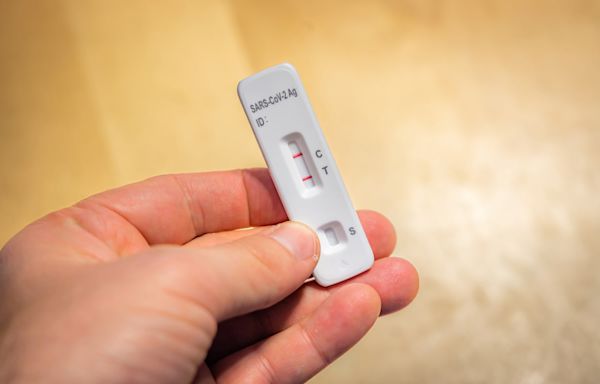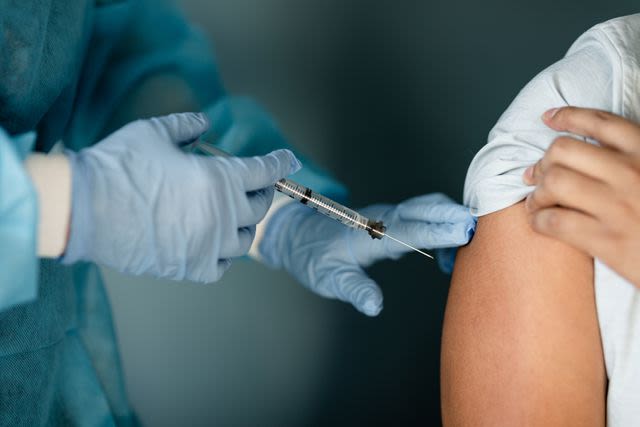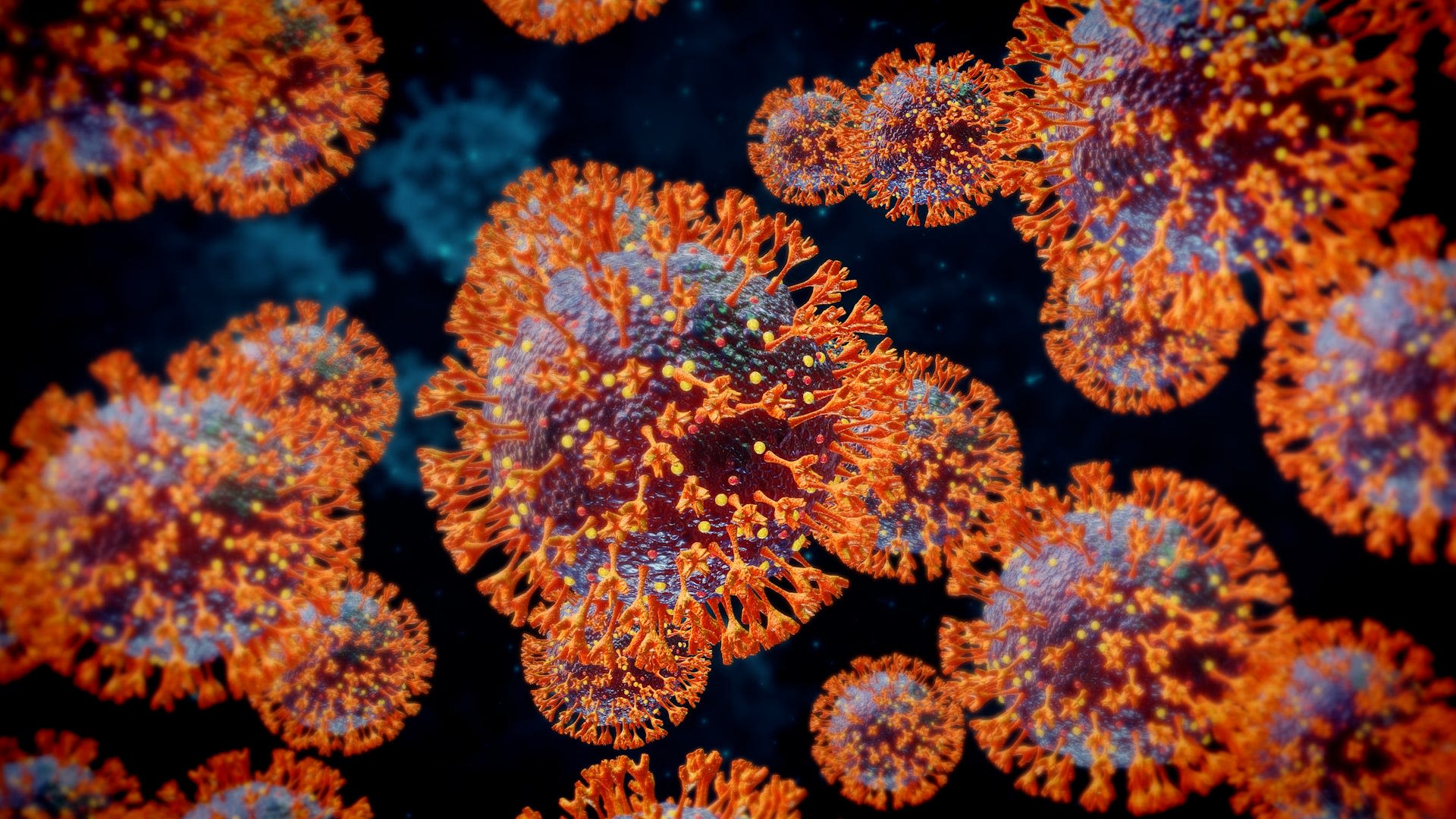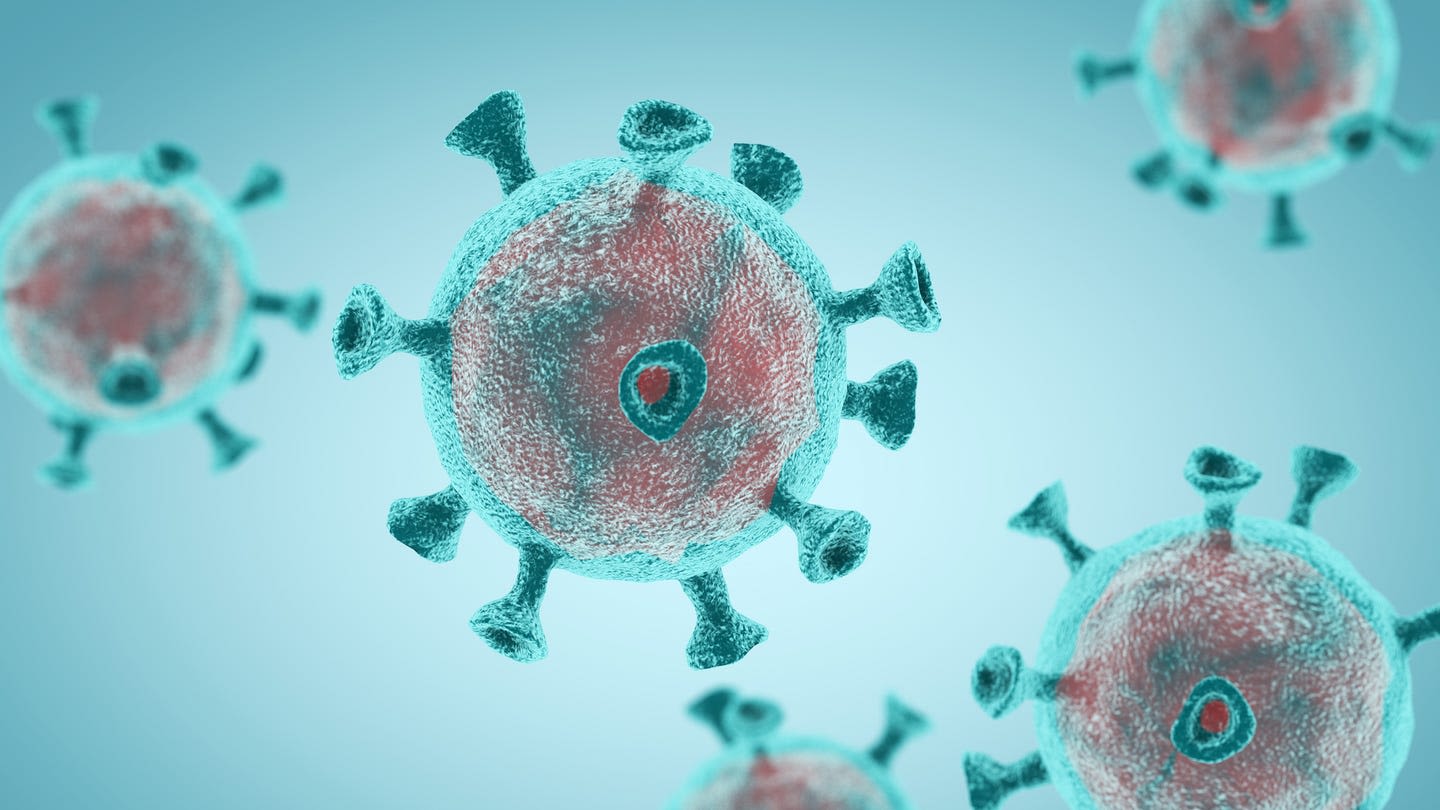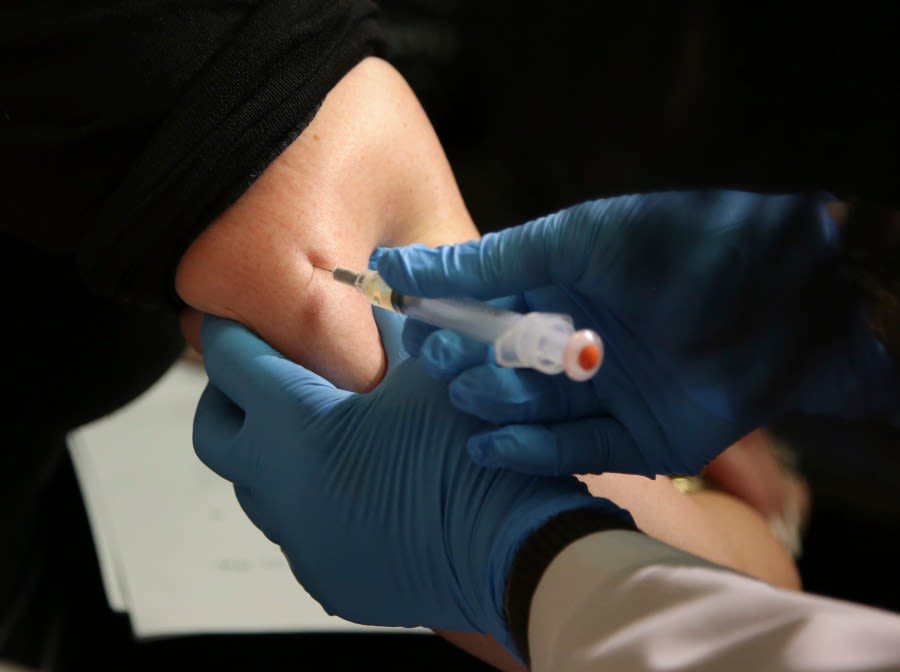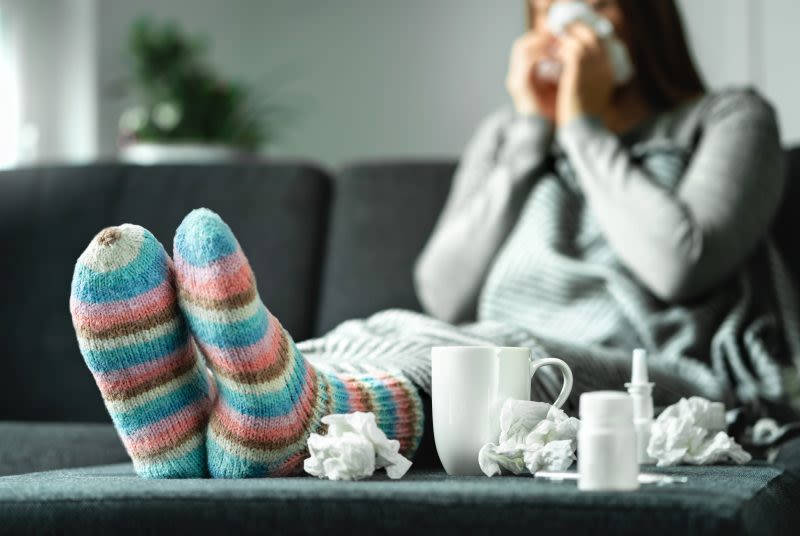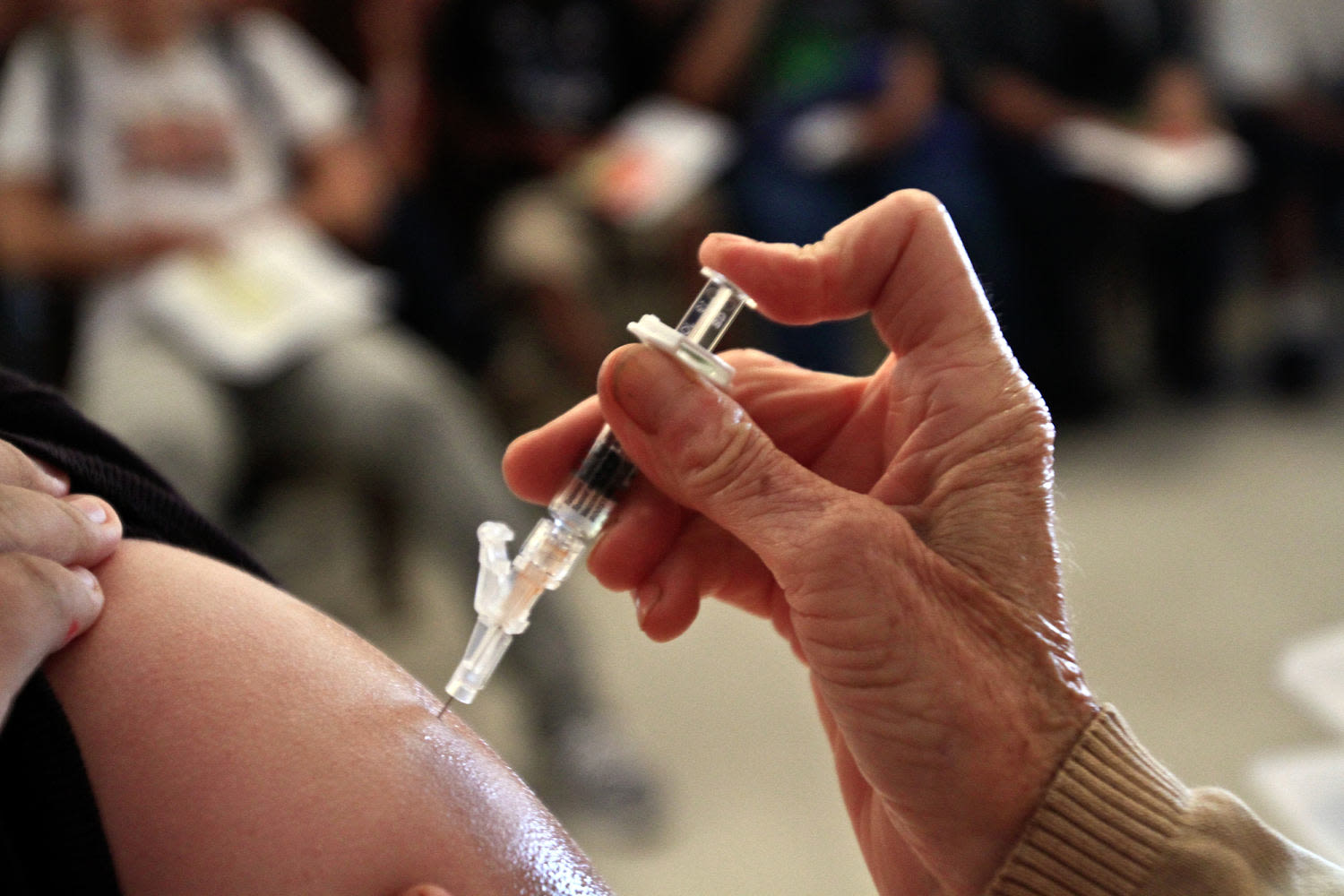Search results
News about COVID-19, vaccine, COVID
News about Respiratory disease, Oregon, measles
Also in the news
Aug 22, 2024 · Once exposed to COVID-19, it takes two to three days to show symptoms. This period is called the incubation period. Even before symptoms start, you can spread the virus through breathing and talking. You're most contagious when symptoms start and the virus level (viral load) in your body is highest.
Jan 7, 2024 · When Is COVID-19 the Most Contagious? Researchers estimate that people who get infected with COVID-19 can spread it to others 2-3 days before symptoms start and are most contagious 1-2...
Dec 11, 2023 · Infectious disease experts say that COVID-19’s peak infectivity is during symptom onset. During this time, people can spread the virus to others through sneezing and coughing. Once your symptoms get better, you’re less likely to spread COVID.
- How Long Is Someone with Covid-19 Infectious?
- What Is Viral Shedding?
- When Do You Become Contagious After Exposure to Covid-19?
- When Do You Stop Being Contagious If You Have Covid-19?
The short answer is that you’re contagious with COVID for about 10 daysafter you have symptoms or test positive. The full answer is more complicated. The 10-day mark seems to apply to people who have mild to moderate COVIDillness. People with severe cases of COVID illness can remain infectious for several weeks or months. There’s also evidencethat ...
Viral sheddinghappens when a sick person releases copies of a virus from their body. Large numbers of viruses are shed when a sick person coughs or sneezes. But viruses can also be shed when you talk, cry, or breathe. Viral shedding is how viruses spread from person to person. People typically shed the virus that causes COVID for about 10 days, sta...
It’s possible to become contagious with COVID-19 on the same day you are exposed. Most people who get sick with COVID begin noticing symptoms about 2 to 14 daysafter exposure. But viral shedding can begin right away. That’s why it’s possible to spread the virus that causes COVID even before your symptoms start. Of course, not everyone who gets expo...
It depends. If you have a mild illness and your symptoms are getting better, you’re probably no longer contagious after 10 days. On the other hand, if you have a severe illness or a weakened immune system, you can be contagious for much longer. But if you’ve been fully vaccinated against COVID, you may be contagious for a shorter period of time. It...
Jul 23, 2021 · COVID-19 is most contagious in the first week after exposure to the virus. Symptoms will typically develop during this week, around 4–5 days after exposure.
- Aaron Kandola
Aug 13, 2024 · Current COVID-19 guidelines recommend most people can return to work 24 hours after their symptoms have cleared up. Take precautions for five days after.
Feb 15, 2023 · One 2021 review suggests that a person with COVID-19 is most contagious in the first week of illness. Therefore, they may be most contagious shortly before and shortly after symptoms...
